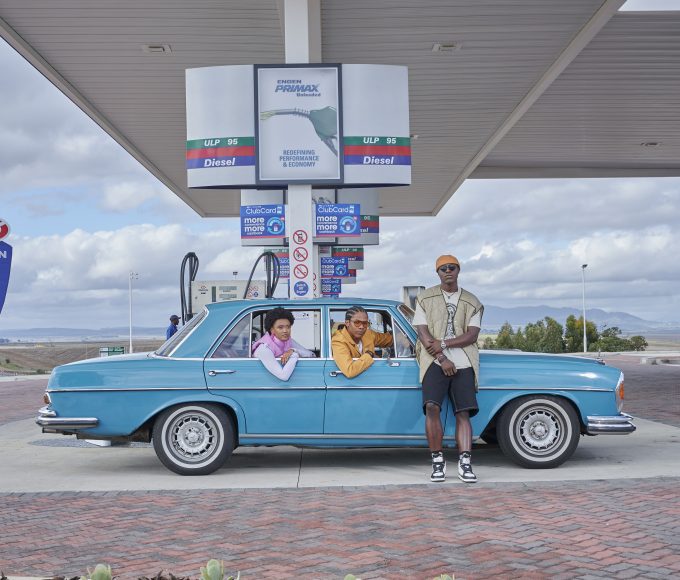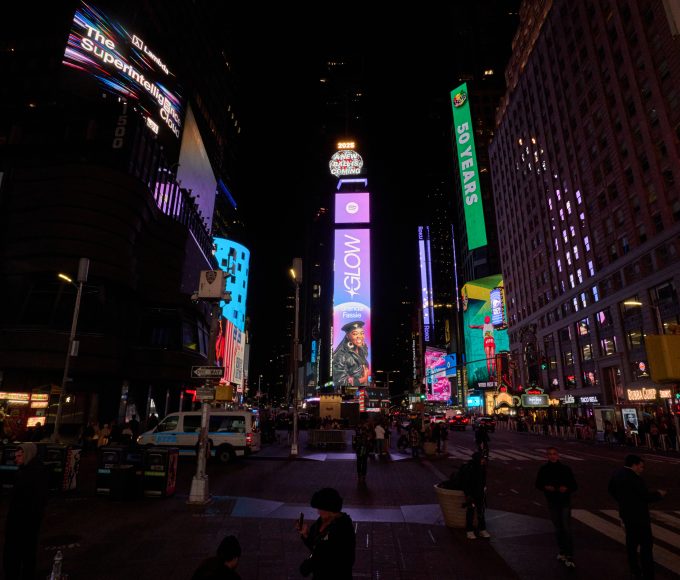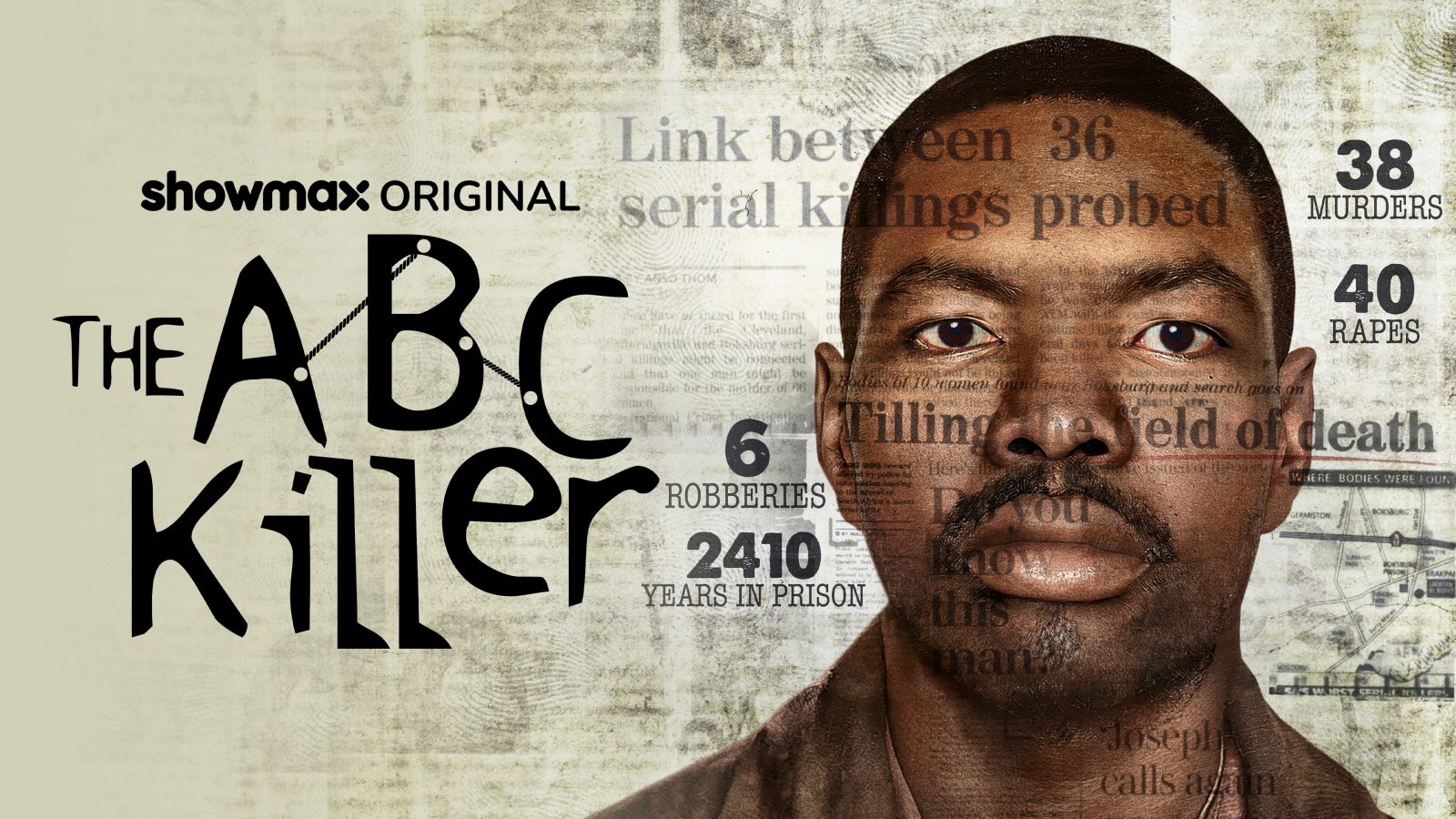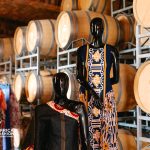- News
Sweet 16! Engen Rocks as SA’s Coolest Petrol Station
October 24, 2025- Entertainment
- Health & Beauty
- Tech
HUAWEI WATCH GT 6 Pro is the best smartwatch to own in 2025
October 23, 2025HUAWEI Pura 80 Series arrives in South Africa
August 6, 2025Ring introduces the high-resolution Outdoor Cam Plus
June 20, 2025- Tourism
- News
Sweet 16! Engen Rocks as SA’s Coolest Petrol Station
October 24, 2025- Entertainment
- Health & Beauty
- Tech
HUAWEI WATCH GT 6 Pro is the best smartwatch to own in 2025
October 23, 2025HUAWEI Pura 80 Series arrives in South Africa
August 6, 2025Ring introduces the high-resolution Outdoor Cam Plus
June 20, 2025- Tourism

You can now stream The ABC Killer on Showmax, and the rave reviews are pouring in. This twisty three-part true-crime docuseries about South Africa’s most prolific serial killer, Moses Sithole, is being hailed as a chilling, must-watch triumph.
Behind the camera is director Jasyn Howes, known for the SAFTA-nominated Boetie Boer. This time, he takes viewers into the mind of a killer and the heart of post-apartheid South Africa’s changing social landscape.
From night shift to national horror
While researching Boetie Boer, Howes met journalist Tamsen de Beer, who shared how, as a rookie reporter at The Star in the 1990s, she received a chilling call from someone claiming to be a serial killer.
That man was Moses Sithole.
With 38 murders, 40 rapes and six robberies committed in just over a year, Sithole terrorised communities across Atteridgeville, Boksburg and Cleveland under the guise of offering women jobs.
He’s now serving 2,410 years in prison.
Giving survivors a voice
Unlike previous coverage, The ABC Killer gives a platform to survivors like Buyiswa Swakhamisu and unsung heroes like Detective Paul Nkomo, voices often left out of earlier narratives. Archival phone calls, diary entries, SAPS video footage, and Sithole’s letters to psychologists form part of the documentary’s chilling backbone.
Swakhamisu’s decision to show her face and speak out was a powerful turning point. “She carries the trauma to this day, and she chose bravery, not just for herself, but for other women,” Howes explains.
Real locations, real impact
Filming took place in original locations, from The Star newsroom to the actual courtroom where Sithole was tried. The effect is haunting, Johannesburg frozen in time, eerily unchanged since the 1990s.
While Howes never met Sithole in person, he did have a 40-minute phone call with him. “There was scepticism, but he was open. Then he got spooked and never called back,” he says.
A national moment of reckoning
At a time when Nelson Mandela was rallying the country for unity and the Rugby World Cup became a symbol of hope, the ABC case also united South Africa, but under very different circumstances. It brought together a newly multiracial police force and reminded the nation of the work needed to protect its most vulnerable.

Categories
Recent Posts
South African Fashion Takes Centre Stage at AFI Harvest Table
November 13, 2025DStv Launches Thol-iUpsize Campaign to Reward Decoder Customers
November 11, 2025Feather Awards 17: A Night to ‘Pause, Look and Listen to Your Heart’
November 11, 2025Related Articles
Celebrities Unite Behind ‘Women for Change’ Shutdown Movement Against GBV
By Venecia Valentine Local celebrities are rallying behind the ‘Women for Change’...
November 11, 2025DStv Launches Thol-iUpsize Campaign to Reward Decoder Customers
DStv is stepping up its turnaround strategy with the launch of Thol-iUpsize....
November 11, 2025Spotify’s GLOW Illuminates the Late Brenda Fassie in a Powerful New Documentary
By: Venecia Valentine Spotify, through its global LGBTQIA+ initiative GLOW, is honouring...
November 7, 2025Top Billing Returns in Style
By: Venecia Valentine It was a night of golden light, nostalgia, and...
November 6, 2025
Subscribe To Our Newsletter
Join our mailing list to receive the latest news on what's trending in the world of travel, beauty, fashion, tech, finances and more.
You have Successfully Subscribed!
- Entertainment
- Entertainment





























